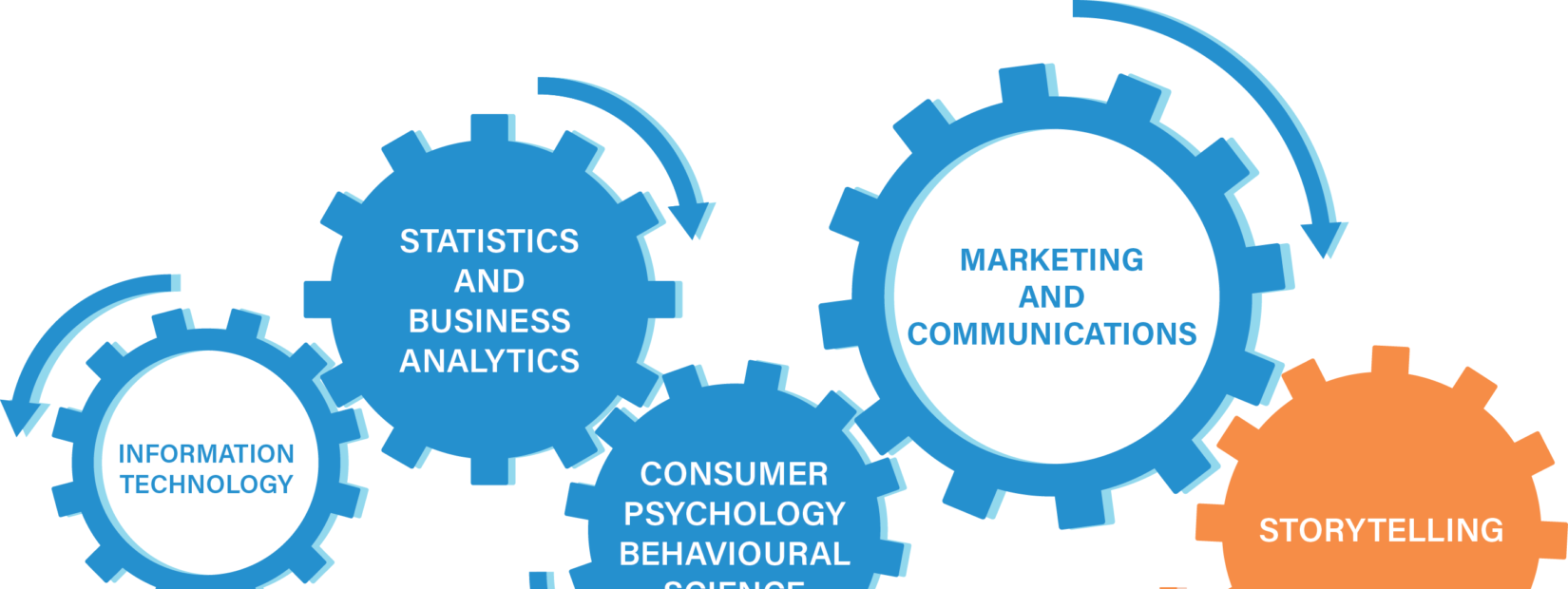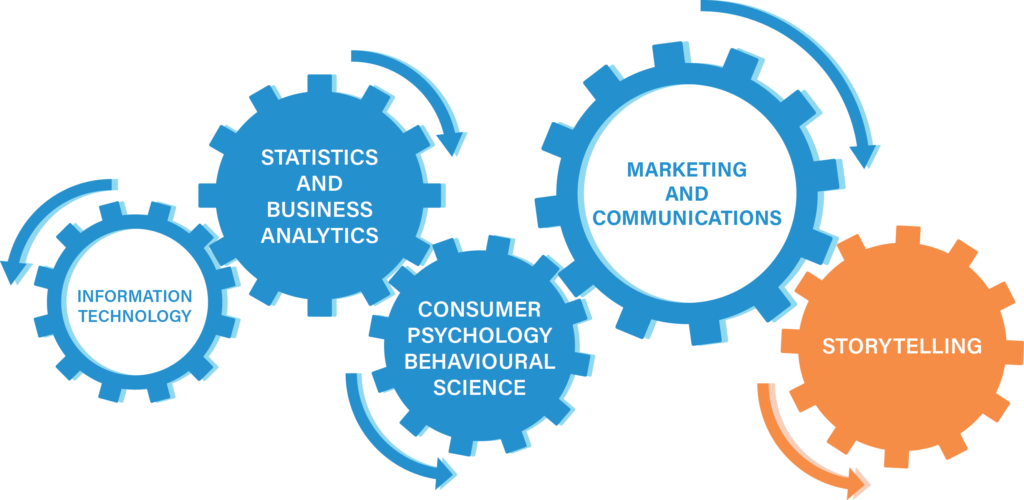
The snowballing complexities manifested by our increasingly competitive technological world are bringing a timeless challenge to the fore – growth aspirations that end up building a Tower of Babel.
Success today often requires embracing multidisciplinary approaches which in turn require diverse teams of skill to work together cohesively. Unfortunately, these multi-disciplinary teams don’t always speak the same language or the see the world in the same way – a critical driver of inefficiency and even project failure.
Getting this right can redefine problems and provide innovative solutions leveraging novel perspectives from this ‘meeting of minds’. In fact, some of the greatest breakthroughs in human thinking have come from the reapplication of insights from one discipline to another. Getting this right is also fundamentally a precondition of strategy implementation. The failure of these cogs to ‘grind in harmony’ gives little hope for the effective operationalisation of our grand plans in the real world.
The inherent challenge is developing a systematic approach to managing this ‘meeting of the minds’. Let’s face it, skill sets come with not only prerequisite jargon and lexicons but also with inherent personality dispositions and organisational/world views. Reminds me of the joke about the engineer, the lawyer, the doctor and the politician…..
While this might look a bit different depending on the operating environment, our market research experiences provide some useful illustrative examples. The typical challenge for our team is playing the lynchpin role that keeps the other gears turning – regardless of the ‘’brilliance’’ of our contribution, its value is severely diminished if the other cogs in the machine are not turning in unison.
The ‘’Nexus of Nous’’ we typically contend with brings together a diverse team of skill sets including IT, data science, business analytics, behavioural science, marketing, communications and various client stakeholders (each with unique perspectives and focus, from product development to customer experience to hard bottom lines).
Meet the teams
The IT team think like engineers. They desire elegant solutions that don’t use a single screw more than required but often end up patching things together with pragmatic get arounds. Despite their technical expertise, detail orientation and numeracy, these data gatekeepers usually make lousy business analysts. They struggle to internalise (or care about) probabilistic statistics, marketing imperatives and consumer insights. Initiatives are often cynically viewed as just creating more work and disrupting the status quo of their treasured stable systems.
The data science team, gaining increasing relevance these days, tend to be focused on technical elements of data management such as analytics and getting the machines to talk to each other. Nothing is more satisfying to them than writing some elegant code to extract and link multi-sourced big data while tuning their machine learning algorithms into prescient artificial intelligence tools. They do, however, tend to lack a strong human focus that helps unravel the reality of underlying customer motivations. People problems are rarely solved by data alone.
This job is tasked to the behavioural scientists and market researchers, who must make sense of the complex and often contradictory web of customer needs and perspectives – ultimately uncovering the real problems they need solved. These insights provide a theoretical framework and source of truth to structure strategy formation and execution. This team often needs to understand the fickle customer better than they understand themselves. However, insights are only interesting once expressed in terms of actionable intelligence that can be implemented. This can only be achieved by working closely with the other requisite teams in the process which provide the inputs, operational context and implementation capacity.
The marketing and communications teams deeply understand the organisation’s imperatives and typically have an intuitive understanding of their customer needs. However, this entrenchment of perspective and hunch-based decision making notoriously encourages echo chambers where the same strategies are endlessly replayed ad nauseam with similar results. While they are closer to the customer than many other teams, they rely heavily on the market research team to generate insight and validate thinking. While this team tend to be gifted with a ‘silver tongue’ the same cannot necessarily be said of their technical prowess and attention to detail.

Tearing down the Tower of Babel
Bringing these teams together effectively creates challenges for speaking a common language, seeing the problem through each other’s perspectives, sharing a common vision, as well as resolving task and relationship conflicts. So what are the key principles we need to keep in mind to really make this work?
- The Right Stuff
- Select for team members with the ambition to take on the challenge
- Find utility players with multi-skilled experience that can act as a pivoting nexus point to bring the teams together
- Speaking the Same Language
- Invest in communications systems and workflows from day one
- Build team relationships with regular contact and interaction
- Give me a T-e-a-m
- Tear down organisational and cultural silos
- Ensure workloads and responsibilities are fair
- Avoid ‘us vs. them’ mentality
- Manage expectations and respect each team member’s unique contribution
- Making Commitments
- Develop explicit norms
- Garner buy in and internalisation of goals
- Establish strong organisational vision and leadership
- Inspire individuals with the potential for organisational transformation
- Appoint a dedicated project manager oversight to avoid diffusion of responsibility
- Eyes on the prize
- Ensure there is a guiding philosophy
- Establish common purpose and shared vision for success
- Develop clear strategy with measurable objectives and defined scope
Ultimately the end game for all these complex efforts comes down to simple storytelling – developing a backstory around a customer’s underlying needs and experiences, accompanied by a clear narrative and road map that articulates the response to these needs. All you need now is your own ‘’Nexus of Nous’’ to navigate the challenges ahead!
